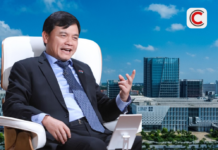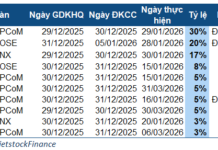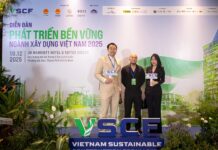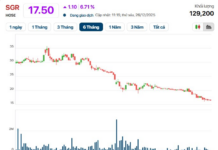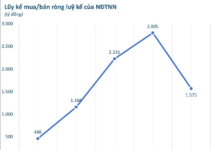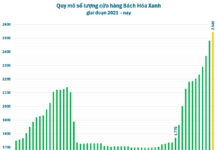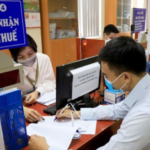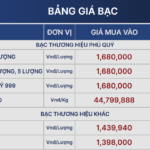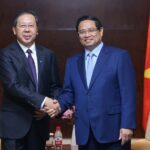The Ho Chi Minh City Renewable Energy Association has submitted a proposal to the Government Office and the Ministry of Industry and Trade, suggesting amendments to the draft Decree revising Decree 57/2025/NĐ-CP on direct electricity purchase agreements between renewable energy generators and large consumers, and Decree 58/2025/NĐ-CP detailing provisions of the Electricity Law on renewable energy development.
Addressing Existing Shortcomings
The Association highlights several inadequacies in the draft decree. Notably, Article 11’s current stipulation that development capacity be based on maximum load (Pmax) is impractical. This is because newly constructed homes or factories lack Pmax data; loads can fluctuate due to production cycles, seasons, or expansion; battery storage systems (BESS) operate more flexibly than pure PV systems; and households that only self-consume but are still restricted by Pmax, which is illogical.
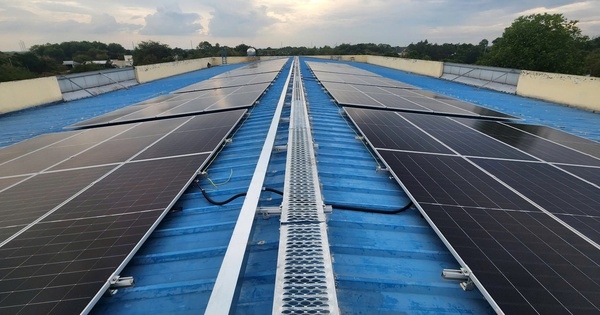
The Ho Chi Minh City Renewable Energy Association has proposed amendments to enhance renewable energy policies. |
Thus, the Association recommends revising Article 11 to determine the development capacity of self-generated and self-consumed solar power based on current electricity demand, load capacity at the connection point, and technical equipment standards. Any surplus electricity fed into the grid should be measured and compensated through a time-of-use pricing mechanism, rather than a fixed ratio.
The Ministry of Industry and Trade should provide detailed guidelines on capacity determination and measurement procedures to ensure transparency, encourage energy conservation, and promote storage system investments.
This approach aligns with practical needs, avoids rigid Pmax constraints, and incentivizes storage system investments, enabling more stable, efficient, and flexible solar power operations.
Proposing Tax Exemptions and Zero-Cost Solar Leasing
Regarding incentives, the draft’s Article 13 retains only three principle-based policies, down from nine in Decree 135/2024/NĐ-CP (Article 8). This reduction diminishes the appeal for public participation in clean energy production and consumption.
The Association proposes a VAT exemption for households installing solar systems with a capacity ≤100 kW. It also advocates for a green credit package (≤5% annual interest) for households and businesses investing in solar systems and storage, with guarantees or interest subsidies from the Environmental Protection Fund and Renewable Energy Fund.
Priority credit access, VAT exemptions, and corporate income tax waivers should be granted to entities and individuals investing in energy storage or self-consumed clean energy systems.
A pilot “zero-cost” solar leasing scheme is suggested, where energy companies invest in systems, and households or businesses pay only for electricity at rates lower than grid prices over 10–15 years.
This model, successfully implemented in the U.S., Australia, and Europe, accelerates solar adoption without upfront investment. It also enables small and medium-sized solar enterprises to enter the electricity market, fostering development post-FIT pricing.
Additionally, the Association recommends allowing businesses to invest in and lease battery storage systems to factories, buildings, and malls, reducing peak demand charges (Pmax) in two-part tariffs and optimizing energy management.
Lê Tỉnh
– 13:06 28/10/2025
Master the 8 Mandatory Income Streams Subject to Personal Income Tax: Don’t Overlook!
It’s crucial to note the significant threshold of 100 million VND in annual income, which triggers personal income tax obligations.
“Vietnam’s Prime Minister Meets with Top Chinese Conglomerates, Discussing Investment and Partnership Expansion”
On the morning of August 31, as part of his attendance at the 2025 Shanghai Cooperation Organization (SCO) Summit and visit to China, Prime Minister Pham Minh Chinh met with leaders of several leading Chinese groups and enterprises.











